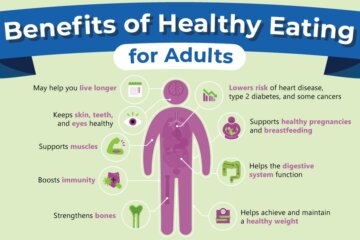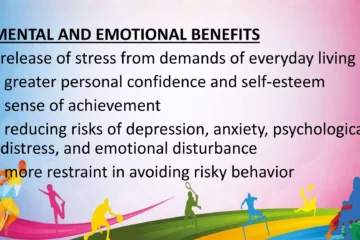Mental health disorders affect millions worldwide. Medications are a common treatment option.
Understanding the advantages and disadvantages of using medications for mental health is crucial. While medications can offer relief and improve quality of life, they also come with potential side effects and challenges. For many, medication may be a key part of their treatment plan.
But it’s important to know both the benefits and the risks. This blog will explore the pros and cons of using medications to treat mental health disorders. It aims to provide clear, balanced information to help you make informed decisions. Whether you’re considering medications for yourself or a loved one, understanding these factors is essential. Let’s dive in and explore the complexities of this important topic.
Credit: www.calmsage.com
Benefits Of Medications
Medications can be a powerful tool in treating mental health disorders. They offer numerous benefits that can help individuals manage their symptoms and improve their overall well-being. Understanding the pros and cons of using medications is essential for anyone considering this form of treatment. This section focuses on the benefits of medications.
Effective Symptom Relief
Medications provide effective symptom relief for various mental health disorders. These pharmacological interventions target specific symptoms, making it easier for patients to manage their conditions. Here are some benefits:
- Rapid Symptom Management: Many medications can quickly reduce symptoms such as anxiety, depression, and psychosis.
- Therapeutic Efficacy: Medications have been proven effective through rigorous clinical trials and studies.
- Consistency: Medications can offer a consistent level of symptom control when taken as prescribed.
For example, antidepressants can help stabilize mood swings, while antipsychotics can reduce hallucinations and delusions. The table below highlights some common medications and their uses:
| Medication | Use |
|---|---|
| SSRIs | Depression and Anxiety |
| Antipsychotics | Schizophrenia and Bipolar Disorder |
| Mood Stabilizers | Bipolar Disorder |
Medication adherence is crucial to maintaining therapeutic efficacy. Patients must follow their prescribed regimen to achieve optimal outcomes. While medications can have side effects, the benefits often outweigh the risks when managed correctly.
Improved Quality Of Life
Using medications can significantly improve the quality of life for individuals with mental health disorders. By effectively managing symptoms, patients can engage more fully in daily activities and social interactions. Here are some ways medications contribute to an improved quality of life:
- Enhanced Daily Functioning: When symptoms are under control, individuals can perform daily tasks more efficiently.
- Better Relationships: Symptom management allows for healthier interactions with family and friends.
- Increased Productivity: Patients often find they can work or study more effectively.
Combining medications with holistic approaches can lead to even better patient outcomes. Holistic approaches include therapy, lifestyle changes, and other mental wellness strategies. A balanced mental health treatment plan can offer comprehensive support.
It’s important to note the potential side effects of medications. Patients should work closely with their healthcare providers to monitor and manage any adverse reactions. With the right support, medications can be a valuable part of a mental health treatment plan.
Types Of Medications
When treating mental health disorders, medications can provide significant relief for many patients. Different types of medications are used, each designed to address specific symptoms and conditions. Understanding the various types of medications can help in making informed decisions about mental health treatment.
Antidepressants
Antidepressants are commonly prescribed for treating depression and anxiety disorders. These medications help balance chemicals in the brain that affect mood and emotions.
There are several types of antidepressants, each with its own benefits and potential side effects:
- Selective Serotonin Reuptake Inhibitors (SSRIs): These are the most commonly prescribed antidepressants. They include medications like Prozac, Zoloft, and Lexapro. SSRIs are known for having fewer side effects compared to other antidepressants.
- Serotonin and Norepinephrine Reuptake Inhibitors (SNRIs): These include Effexor and Cymbalta. SNRIs can be effective for patients who do not respond well to SSRIs.
- Tricyclic Antidepressants (TCAs): These are older medications like Elavil and Tofranil. They are less commonly used due to their higher risk of side effects.
- Monoamine Oxidase Inhibitors (MAOIs): These include Nardil and Parnate. They can be effective for treatment-resistant depression but require dietary restrictions to avoid serious side effects.
Side Effects Of Antidepressants can vary depending on the type of medication and the individual. Common side effects include nausea, weight gain, and insomnia. It’s important to discuss these with your doctor to find the best treatment options for depression.
Antipsychotics
Antipsychotics are used to treat severe mental health disorders such as schizophrenia and bipolar disorder. They help manage symptoms like delusions, hallucinations, and severe mood swings.
There are two main types of antipsychotics:
- Typical Antipsychotics: These are older medications like Haldol and Thorazine. They are effective but can cause more severe side effects, such as tardive dyskinesia (a movement disorder).
- Atypical Antipsychotics: These newer medications include Risperdal, Seroquel, and Abilify. They are generally preferred due to fewer side effects and better patient adherence to medication.
The Benefits Of Antipsychotics include reducing symptoms and preventing relapse. Patients often experience improved quality of life and better social functioning. Side Effects can include weight gain, drowsiness, and increased risk of diabetes. Regular monitoring by a healthcare provider is essential.
Anxiolytics
Anxiolytics are medications specifically designed for anxiety relief. They help reduce symptoms of anxiety disorders, including panic attacks, generalized anxiety disorder, and social anxiety disorder.
Common types of anxiolytics include:
- Benzodiazepines: These include medications like Xanax, Valium, and Ativan. They are effective for short-term anxiety relief but can be addictive if used long-term.
- Buspirone: This is a non-benzodiazepine medication that can be used for long-term anxiety management. It has fewer side effects and a lower risk of dependency.
- Beta-Blockers: Medications like Propranolol are sometimes used to manage physical symptoms of anxiety, such as rapid heart rate and trembling.
Long-Term Effects Of Anxiolytics can include dependency and tolerance, particularly with benzodiazepines. Patients should work closely with their healthcare provider to monitor usage and explore alternative treatments like psychological therapy.
Anxiety Relief Medications can be effective, but combining them with other treatment options, such as cognitive-behavioral therapy, can enhance overall mental health treatment outcomes.
Potential Side Effects
When discussing the Pros And Cons of Using Medications to Treat Mental Health Disorders, it is crucial to consider the potential side effects that patients might experience. While medications can offer significant benefits, such as improved mood and functionality, they may also come with unwanted side effects. Understanding these side effects can help patients make informed decisions about their mental health treatment options.
Common Side Effects
Many people taking medications for mental health issues experience common side effects. These side effects vary depending on the type of medication and individual responses. Awareness of these symptoms can aid in managing mental health with drugs effectively.
Here are some of the most common side effects:
- Nausea: Often occurs when starting a new medication. It usually subsides after a few days.
- Headaches: Can be persistent but typically decrease over time.
- Drowsiness: Many psychiatric drugs cause drowsiness, making it hard to focus.
- Weight Gain: Some medications lead to increased appetite and weight gain.
- Dry Mouth: A frequent complaint that can be managed with adequate hydration.
In a study on the efficacy of mental health medications, patients reported these side effects as manageable compared to the benefits received.
| Medication Type | Common Side Effects |
|---|---|
| Antidepressants | Nausea, weight gain, dry mouth |
| Antipsychotics | Drowsiness, weight gain |
| Anxiolytics | Drowsiness, headaches |
While these side effects might seem daunting, it is important to weigh them against the benefits of psychiatric medications. For many, these medications are a vital part of their mental health treatment options.
Severe Reactions
Though less common, some patients experience severe reactions to psychiatric medications. These reactions can be alarming and require immediate medical attention. Knowing the risks allows patients to make better decisions about their mental health therapy alternatives.
Some of the severe reactions include:
- Allergic Reactions: Symptoms like rash, itching, swelling, and difficulty breathing.
- Heart Problems: Certain medications can cause irregular heartbeats or increased heart rate.
- Suicidal Thoughts: Some antidepressants have been linked to increased suicidal thoughts, especially in young adults.
- Seizures: Though rare, some psychiatric drugs can lower the seizure threshold.
- Severe Mood Swings: Extreme changes in mood or behavior.
Patient experiences with psychiatric drugs vary, and these severe reactions emphasize the importance of close monitoring by healthcare providers.
Here is a table summarizing some severe reactions:
| Medication Type | Severe Reactions |
|---|---|
| Antidepressants | Suicidal thoughts, severe mood swings |
| Antipsychotics | Heart problems, seizures |
| Anxiolytics | Allergic reactions, severe mood swings |
Understanding the psychiatric medication risks can help in managing mental health with drugs more safely. Patients should always discuss any concerns with their healthcare provider to ensure the best outcomes for their mental health treatment options.
Credit: asapcincinnati.com
Long-term Use Considerations
Medications play a crucial role in the management of mental health disorders. They can offer significant relief from symptoms and improve the quality of life. Yet, it’s important to consider the implications of long-term use. This section delves into the long-term use considerations, emphasizing dependency risks and tolerance development.
Dependency Risks
Long-term use of medications for mental health disorders can lead to dependency. Dependency occurs when the body becomes reliant on a drug to function normally.
Prescription Drug Dependency is a serious concern. Patients may find it hard to stop the medication without experiencing withdrawal symptoms. This can make treatment adherence challenging.
- Physical Dependency: The body adapts to the drug, needing it to maintain balance.
- Psychological Dependency: The patient feels they cannot cope without the medication.
Both forms of dependency can complicate mental illness management. Patients and doctors need to monitor the use of medications closely. Regular reviews can help identify signs of dependency early.
It’s crucial to discuss behavioral health strategies and psychological therapy alternatives with healthcare providers. These methods can complement pharmacological interventions and reduce the risk of dependency.
The table below shows some common medications and their dependency risks:
| Medication | Dependency Risk |
|---|---|
| Benzodiazepines | High |
| SSRIs | Moderate |
| Antipsychotics | Low |
Tolerance Development
Tolerance development is another concern with long-term medication use. Over time, the body may become less responsive to a drug, necessitating higher doses to achieve the same effect.
This can lead to several issues:
- Increased Dosage Requirements: Higher doses may be needed, increasing the risk of adverse drug reactions.
- Medication Side Effects: Higher doses can lead to more intense side effects, affecting the patient’s overall well-being.
- Reduced Effectiveness: The medication may no longer provide the desired relief, prompting a reassessment of mental health treatment options.
Managing tolerance requires regular consultations with healthcare providers. Adjusting dosages or switching medications can help maintain effectiveness while minimizing long-term medication effects.
Combining medications with behavioral health strategies and psychological therapy alternatives can also help. These methods can enhance the overall treatment plan, reducing reliance on medication alone.
Tracking adverse drug reactions and side effects is essential. Patients should report any new or worsening symptoms to their doctors promptly.
understanding the risks of dependency and tolerance is vital for effective mental illness management. Regular monitoring, open communication with healthcare providers, and exploring alternative treatments can help manage these challenges effectively.
Alternative Treatments
Many people use medications to manage mental health disorders. Yet, some prefer alternative treatments due to concerns about side effects or medication efficacy. This blog post explores some non-medication options that might help in mental health recovery.
Therapy Options
Therapy offers various ways to address mental health issues. Here are some common therapy alternatives:
- Cognitive Behavioral Therapy (CBT): This helps change negative thought patterns. Many find it effective for anxiety and depression.
- Dialectical Behavior Therapy (DBT): DBT focuses on emotional regulation and mindfulness. It’s helpful for borderline personality disorder.
- Psychodynamic Therapy: This explores unconscious thoughts and childhood experiences. It aims to uncover deep-seated issues.
- Group Therapy: Sharing experiences with others can provide support and reduce feelings of isolation.
Therapy can have significant benefits. Let’s look at some:
| Therapy Type | Psychotherapy Benefits |
|---|---|
| CBT | Improves coping strategies, reduces symptoms of anxiety and depression. |
| DBT | Enhances emotional regulation, decreases self-destructive behaviors. |
| Psychodynamic | Offers insight into personal history, fosters self-awareness. |
| Group Therapy | Provides peer support, reduces isolation, shares coping strategies. |
Therapy is versatile. It can be tailored to individual needs and doesn’t have the side effects of medications.
Lifestyle Changes
Lifestyle adjustments can also play a vital role in mental health treatment. Here are some holistic approaches to consider:
- Exercise: Regular physical activity releases endorphins. These natural chemicals improve mood and reduce anxiety.
- Diet: A balanced diet supports brain health. Foods rich in omega-3 fatty acids, like fish, can boost mood.
- Sleep: Quality sleep is crucial. It helps the brain function properly and reduces stress.
- Mindfulness and Meditation: These practices help manage stress and improve emotional well-being.
Making these lifestyle adjustments can complement other forms of mental health treatment. The table below shows how these changes can benefit mental health:
| Lifestyle Change | Benefits |
|---|---|
| Exercise | Boosts mood, reduces anxiety, improves sleep quality. |
| Diet | Supports brain health, improves mood, maintains energy levels. |
| Sleep | Enhances cognitive function, reduces stress, improves overall health. |
| Mindfulness and Meditation | Reduces stress, enhances emotional well-being, improves focus. |
These holistic approaches are safe and can be done alongside therapy or medication. They can lead to a more balanced and fulfilling life.
Role Of Healthcare Providers
Medications play a crucial role in managing mental health disorders. They can alleviate symptoms, improve quality of life, and support overall well-being. The role of healthcare providers in this process is essential. They ensure patients receive the right medications and benefit from their therapeutic outcomes. Healthcare providers also help manage side effects and make necessary adjustments to treatment plans. Their involvement is key to successful medication management in mental health treatment.
Monitoring And Adjustments
Healthcare providers constantly monitor patients on psychiatric medications. This monitoring helps to ensure that the medications are effective and that side effects of drugs are minimal. Regular check-ups allow providers to observe any changes in symptoms and make necessary adjustments.
Key aspects of monitoring include:
- Regular appointments to assess therapeutic outcomes and side effects.
- Blood tests to check medication levels and overall health.
- Feedback from patients about how they feel and any side effects experienced.
Adjustments are often needed in mental health treatment. Providers may change dosages or switch medications based on patient responses. This process ensures the best possible therapeutic outcomes while minimizing drawbacks of medication.
Consider the following table showing common adjustments:
| Situation | Adjustment |
|---|---|
| Insufficient symptom relief | Increase dosage or add another medication |
| Severe side effects | Reduce dosage or switch medication |
| Improvement in symptoms | Maintain current regimen or reduce dosage |
Effective monitoring and adjustments by healthcare providers lead to better medication management. This enhances patient adherence and improves overall outcomes in mental health treatment.
Patient Education
Patient education is another crucial role of healthcare providers. Educating patients about their mental health disorders and psychiatric medications helps in managing expectations and improving adherence.
Important aspects of patient education include:
- Understanding the disorder: Explaining the nature of the mental health disorder and how medications can help.
- Medication information: Providing details on how the medication works, potential side effects of drugs, and expected therapeutic outcomes.
- Importance of adherence: Emphasizing the need to take medications as prescribed and the risks of non-adherence.
Healthcare providers often use various methods to educate patients:
- One-on-one discussions: Personal interactions to address specific concerns and answer questions.
- Printed materials: Brochures and handouts with detailed information.
- Workshops and support groups: Sessions where patients can learn from experts and peers.
Effective patient education leads to better understanding and cooperation. It helps patients to make informed decisions about their mental health treatment. This ultimately enhances the benefits of medication and ensures successful pharmacotherapy.
Personal Experiences
Personal experiences offer valuable insights into the pros and cons of using medications to treat mental health disorders. These firsthand accounts highlight the potential benefits and challenges faced by individuals. By understanding these experiences, we can better appreciate the complexities of mental health treatment.
Success Stories
Many individuals have shared success stories of treatment with psychiatric medications. These stories often demonstrate the benefits of medication in managing mental health disorders. For example:
- One person with severe depression found significant relief after starting an antidepressant. They reported improved mood and increased energy levels.
- A patient with bipolar disorder shared that mood stabilizers helped them maintain a more balanced emotional state. This allowed them to function better at work and in social situations.
- Another individual with anxiety discovered that anti-anxiety medications reduced their panic attacks. This enabled them to participate in activities they once avoided.
These success stories highlight the treatment efficacy of psychiatric medications. For many, these medications are a crucial part of their mental health treatment plan. They help manage symptoms and improve the overall quality of life. Here is a comparison table to illustrate some common benefits of medication:
| Mental Health Disorder | Medication | Reported Benefits |
|---|---|---|
| Depression | Antidepressants | Improved mood, increased energy |
| Bipolar Disorder | Mood stabilizers | Balanced emotional state |
| Anxiety | Anti-anxiety medications | Reduced panic attacks |
Challenges Faced
While there are many success stories, there are also challenges in mental health care. Some individuals face difficulties with medication side effects. Common side effects can include:
- Weight gain
- Drowsiness
- Dry mouth
- Insomnia
These side effects can impact a person’s willingness to continue pharmacotherapy. Some may feel discouraged by the initial side effects and stop taking their medication. Additionally, treatment efficacy can vary. Not everyone responds to medications in the same way. Finding the right medication and dosage can be a lengthy process. This trial and error period can be frustrating for both patients and healthcare providers.
There are also concerns about dependency on medications. Some individuals worry about becoming reliant on psychiatric medications. They may seek therapy alternatives to avoid long-term medication use. Financial barriers can also play a role. The cost of medication can be a significant burden, especially without insurance coverage. These factors contribute to the challenges in mental health care and highlight the need for comprehensive support systems.
In summary, personal experiences with psychiatric medications reveal both success stories of treatment and significant challenges. These insights emphasize the importance of personalized and holistic approaches to mental health treatment.
Future Of Mental Health Medications
Medications have long been used to treat mental health disorders. These medications can provide relief and help manage symptoms. The future of mental health medications holds much promise. With ongoing research and new innovations, the landscape of psychiatric medications is evolving rapidly.
Innovative Treatments
Innovative therapies are changing the way we approach mental health treatment. One exciting area is personalized medicine. This approach tailors treatment to the individual’s unique genetic makeup. It aims to improve treatment efficacy and minimize side effects of medication.
Another promising development is the use of digital therapeutics. These are software-based interventions. They can help manage mental health disorders through apps or online platforms. They offer an accessible and often cost-effective alternative to traditional therapy.
Here are some innovative treatments:
- Personalized Medicine: Customizes treatment based on genetic information.
- Digital Therapeutics: Uses apps and online tools for mental health support.
- Neuromodulation: Techniques like TMS (transcranial magnetic stimulation) to treat depression.
Neuromodulation is also gaining attention. Techniques like TMS can stimulate brain areas involved in mood regulation. These treatments are showing promise for conditions like depression.
Research Developments
Ongoing research is crucial in developing new mental health treatments. Scientists are exploring novel compounds and their effects on the brain. This research aims to find more effective and safer medications.
One area of focus is pharmacogenomics. This field studies how genes affect a person’s response to drugs. It helps in understanding why some patients benefit from certain medications, while others do not.
Here are some key research developments:
| Research Area | Potential Benefits |
|---|---|
| Pharmacogenomics | Personalized medication management based on genetic profile. |
| Novel Compounds | New drugs with fewer side effects and better efficacy. |
| Biomarkers | Identify biological markers for more accurate diagnosis and treatment. |
Biomarkers are another focus area. These are measurable indicators of a biological state or condition. Identifying biomarkers can lead to more precise diagnoses and targeted treatments.
Another exciting field is the study of gut-brain connection. Researchers are exploring how gut health impacts mental health. This could lead to new treatments that focus on diet and gut microbiota.
Research developments continue to shape the future of mental health treatment. They hold the promise of more effective and personalized care for patients.
Credit: www.verywellmind.com
Frequently Asked Questions
What Are The Benefits Of Medication For Mental Health?
Medications can help manage symptoms and improve quality of life. They can provide relief from severe symptoms. Medications may help restore normal functioning and stability.
What Are The Risks Of Using Mental Health Medications?
Medications can have side effects, including weight gain and sleep issues. Long-term use may lead to dependency. It’s important to monitor and manage these risks.
Are Mental Health Medications Effective?
Medications can be effective for many people. They may reduce symptoms and improve daily functioning. Effectiveness varies based on individual needs and conditions.
Can Medications Replace Therapy For Mental Health?
Medications alone may not be sufficient. Combining medications with therapy often yields better results. Therapy addresses underlying issues and teaches coping strategies.
Conclusion
Medications can help manage mental health disorders effectively. They may improve daily functioning. Yet, there are side effects to consider. Some people experience dependency on these drugs. It’s vital to weigh the benefits and risks. Always consult a healthcare professional before starting any medication.
Consider therapy and lifestyle changes as well. Treatment should be personalized. What works for one person might not work for another. Prioritize mental health and seek support.

“As the voice behind Radiant Glow Health, we are dedicated to being your ultimate wellness and vitality companion. Our mission is to inspire and guide you on your journey to a healthier and more vibrant life. Join us as we explore holistic health practices and empower you to radiate wellness from within.”
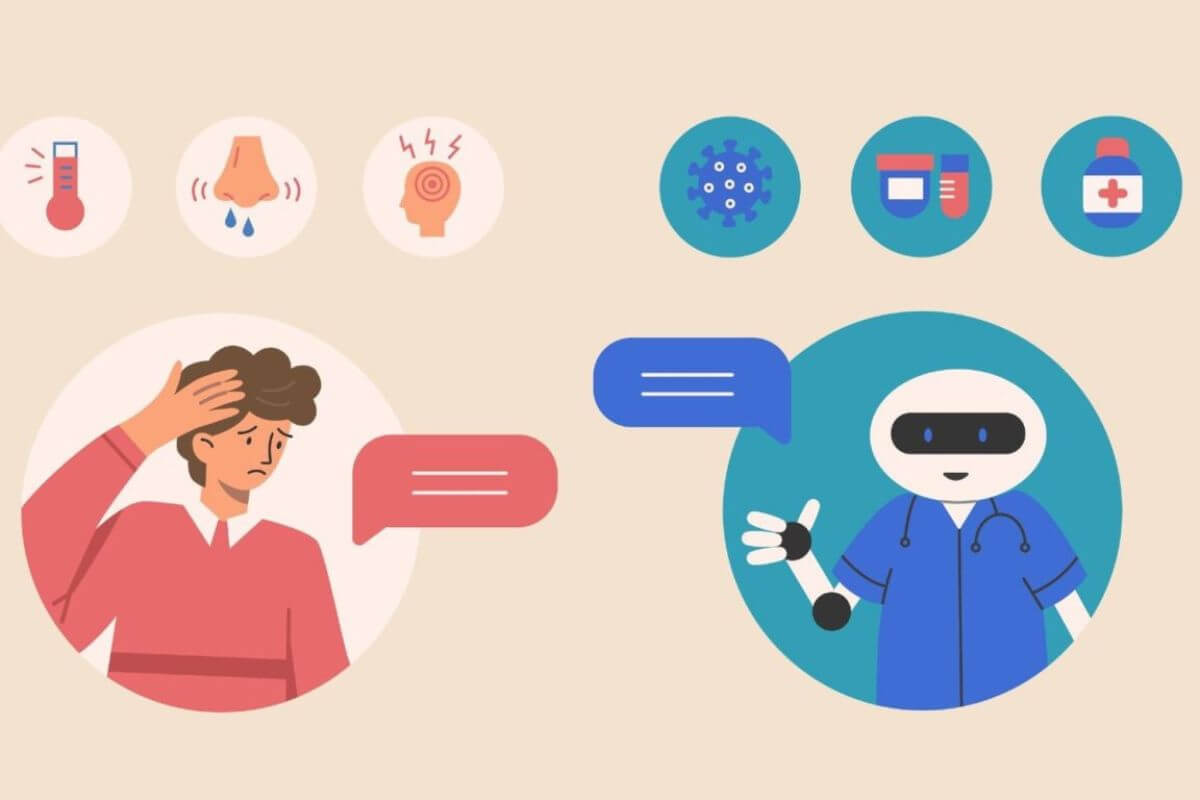
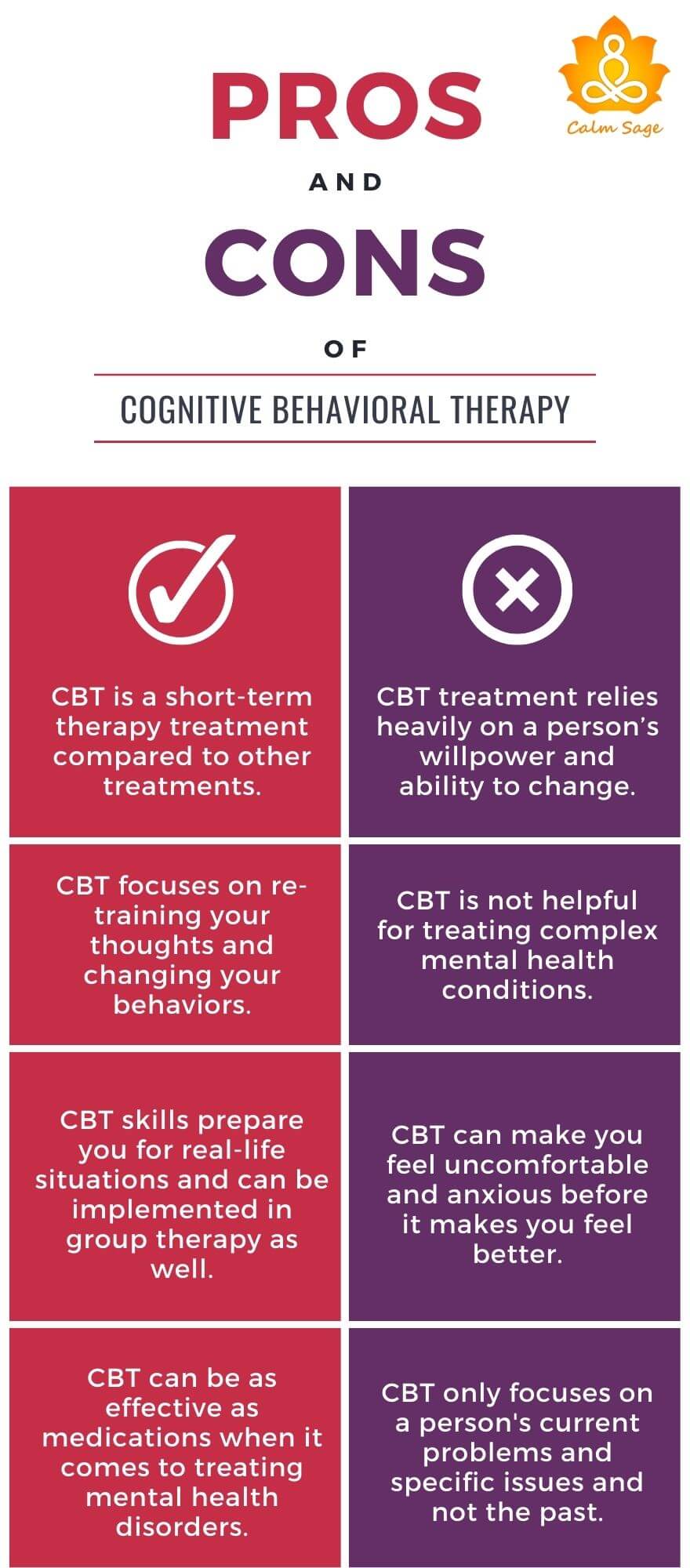
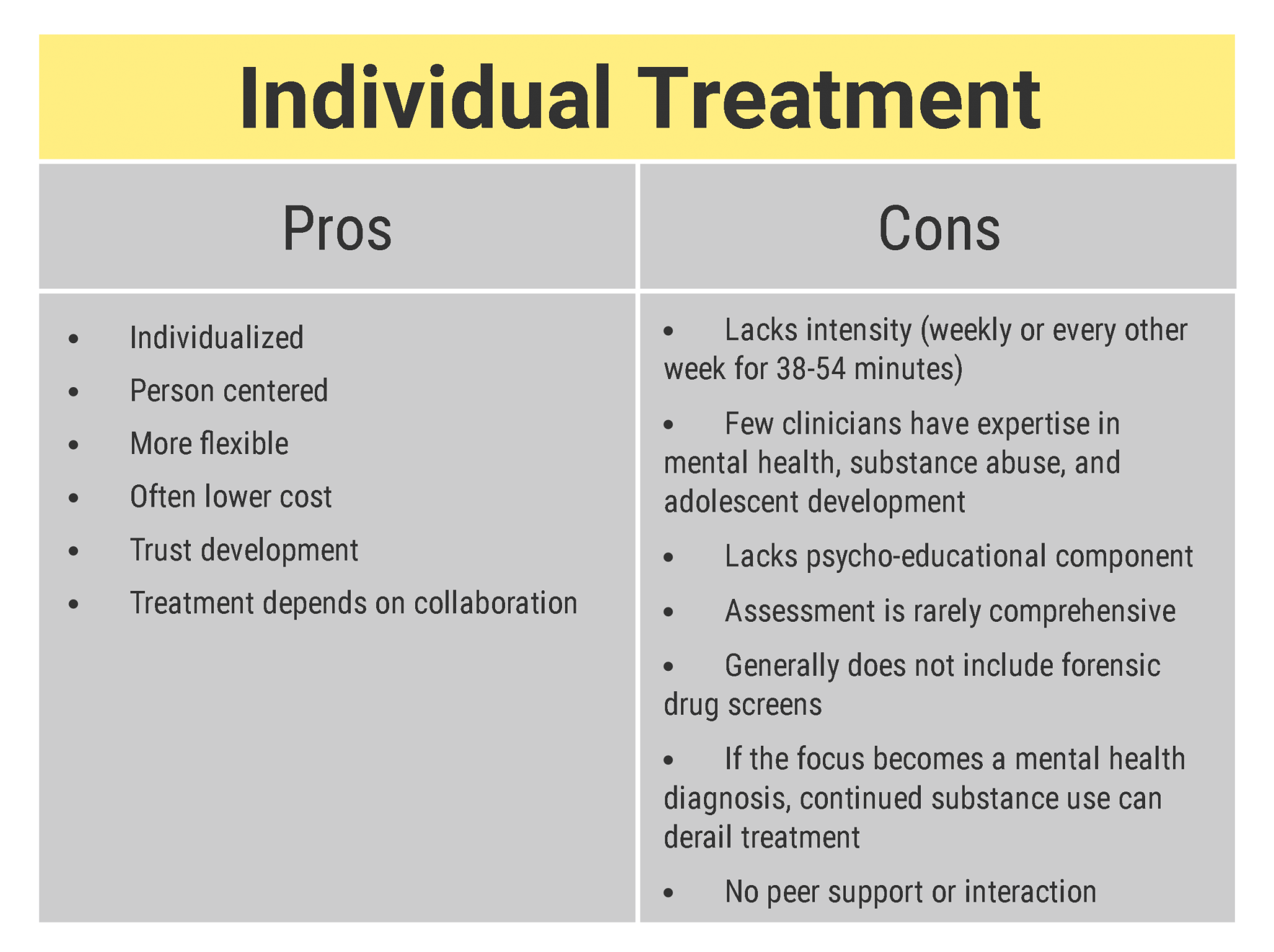
:max_bytes(150000):strip_icc()/what-are-the-real-pros-and-cons-of-taking-antidepressants-5114482-FINAL-a5247144e6394d9d812302c2d56f5df2.png)
